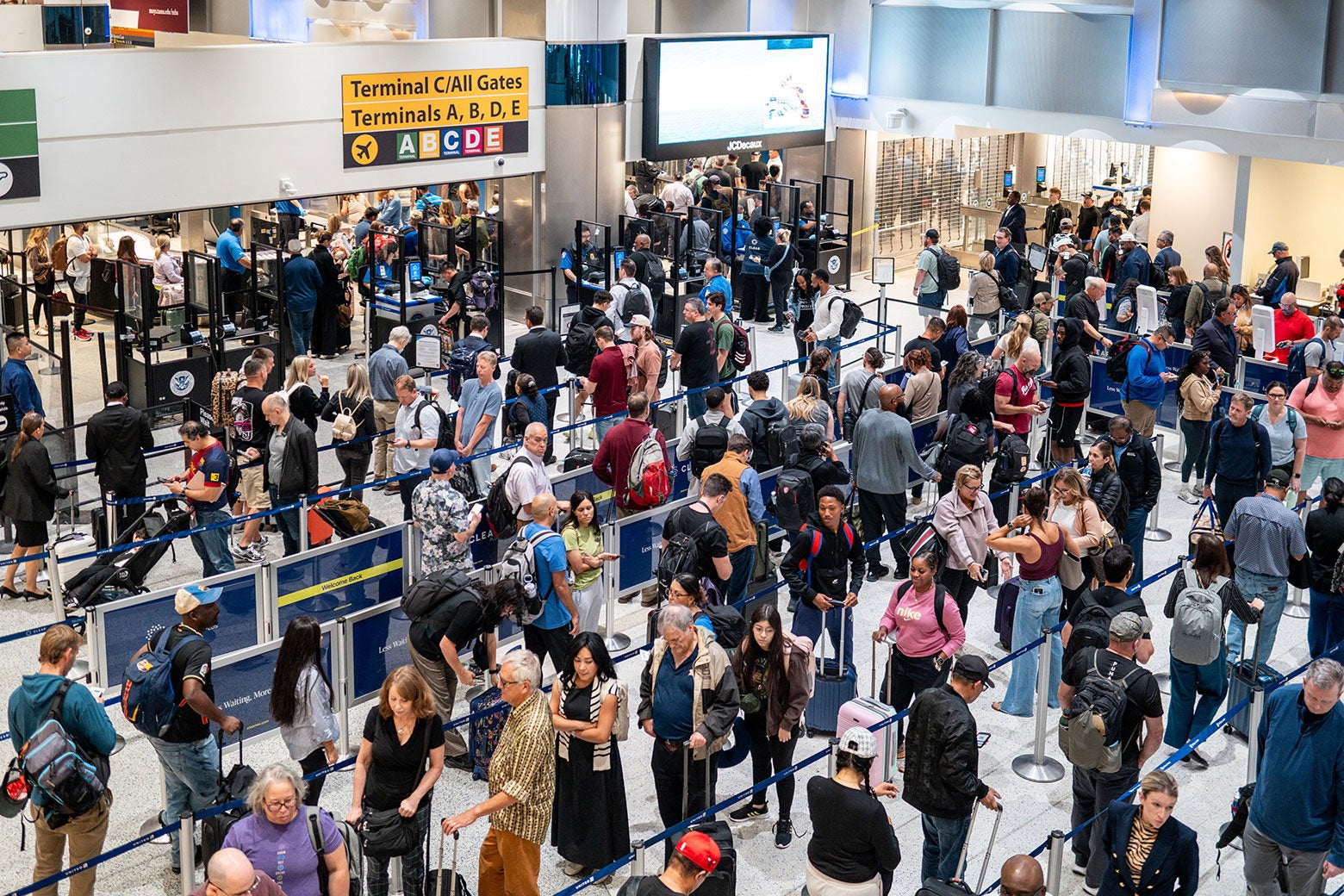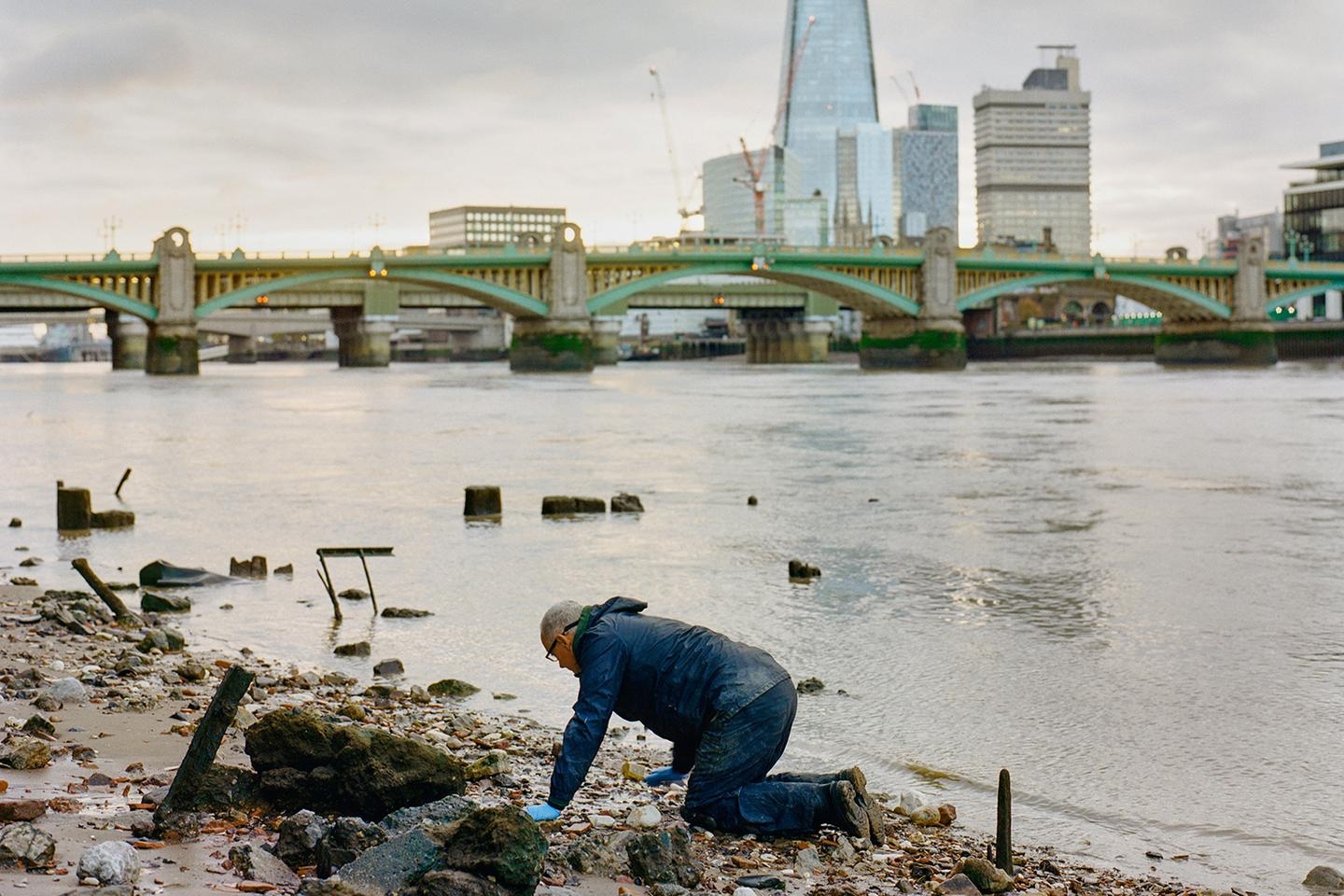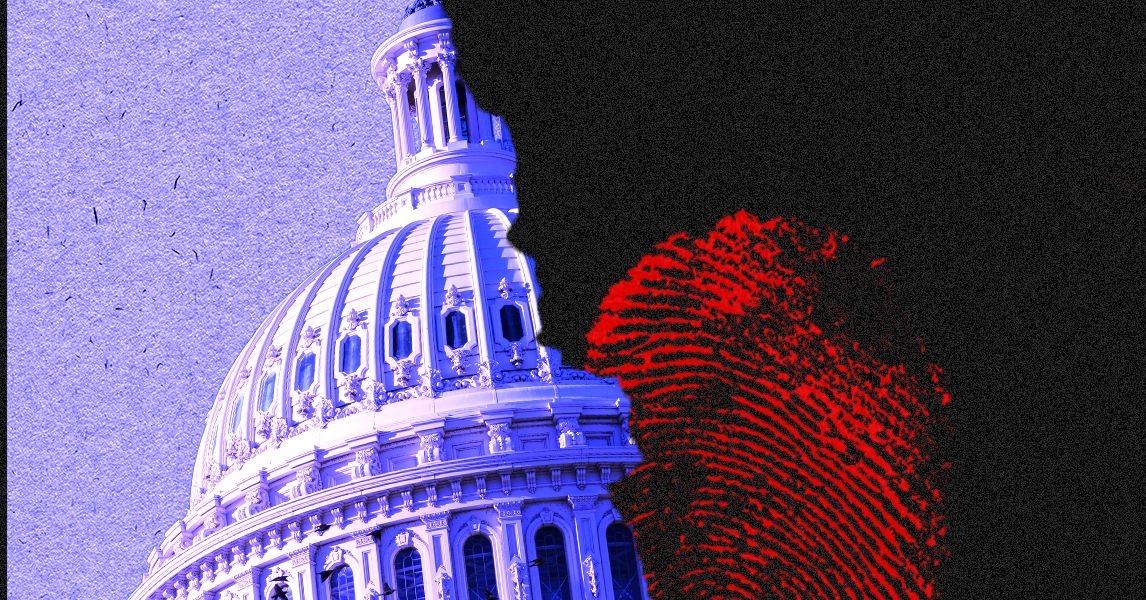Trump Wants to Create Chaos at Airports to Push Democrats to End the Shutdown. About That …


Sign up for the Slatest to get the most insightful analysis, criticism, and advice out there, delivered to your inbox daily.
The Trump administration is threatening a massive pain in the ass in American aviation if Democrats do not imminently cave to the Republican position to end the government shutdown. Transportation Secretary Sean Duffy said at a press conference Wednesday that “high-volume” airports will begin to see traffic cuts on Friday, with air traffic declining by 10 percent by next week. He added the move was to “alleviate the pressure” on air traffic controllers, who are perpetually short-staffed and now working without pay.
Duffy is trying to lay groundwork for Democrats to hold the blame for roughly 1 in 10 flights being canceled and who knows how many more being delayed as the shutdown drags on. Despite the looming disruptions, Duffy wants people to keep booking holiday flights, posting on X, “We are just going to have to work together to navigate this situation that the Democrats are putting the American people through.” The White House echoes that talking point, saying, “This could’ve all been avoided if Democrats simply did their jobs. Instead, they chose chaos.”
The administration has long thought transportation is a good pressure point in the shutdown. So far, it’s been wrong about that. When the shutdown began on Oct. 1, President Donald Trump’s team quickly got to work axing transportation projects in Democratic areas, hoping to put on a good show and perhaps draw some liberal blood. Russell Vought, the director of Trump’s Office of Management and Budget, quickly chopped billions of dollars in infrastructure funding for New York and New Jersey. Vought might as well have just donated that money directly to the campaign of New Jersey gubernatorial candidate Mikie Sherrill, the Democrat who beat her Republican opponent over the head with it and coasted to a 13-point win. Zohran Mamdani’s NYC mayoral campaign probably appreciated it, too.
The administration now turns to air traffic controllers. Will this use of the transportation system as a shutdown bargaining chip pay more dividends than the first attempt did? If the administration succeeds in using chaos in American travel to leverage a Republican-friendly end to the shutdown, that will be more of a break with precedent than Duffy probably thinks. The plan could also backfire in ways that do not take a lot of imagination to understand. Best of luck to the secretary in this game of airplane chicken.
Unlike the targeting of blue-state infrastructure projects, there’s no feasible way for the government to own the libs via the manipulation of airport traffic. Democrats and Republicans both take commercial flights, and I do not believe that any airports have established themselves as woke enough to become targets of conservative ire. Not even Portland International, in the home of antifa, has opened up a trans-only security line yet. The 40 airports due to see slashes in flight volume are scattered all over the country. The two major airports in Dallas and Houston are on the list. So is Anchorage International, which somehow counts among the “high-volume” airports to be affected. Everyone flies everywhere, so even if the administration sought to limit the disruption to, say, LAX and JFK, Republicans would also find themselves extremely annoyed by the inconvenience the government has brought on.
It’s why the conventional wisdom that air traffic controllers are the skeleton key to ending a government shutdown is so odd. The flying public needs to not only be furious that flights are canceled or delayed, but be furious at a specific party that feels the pressure being brought to bear on it. When Trump caved to end a government shutdown in 2019, he seemed at least a little bothered by disruptions to air traffic in New York City, a place he reveres. Someone in his orbit told the New York Times then that the air traffic issue was the “icing on the cake” that brought him around, though, even then, it wasn’t a driving factor.
Meanwhile, air traffic controllers—who would love to get paid and work for a government that is operational—don’t even think they have the kind of shutdown-resolving power that Duffy seems to think they do. Nearly a month ago, the president of the National Air Traffic Controllers Association told the Times “that narrative is false” and that controller shortages weren’t abnormal. The public may or may not be aware that air traffic controller shortages are now a many-years-old problem. And yet most of our flying experiences have not changed as a result, and American aviation does not feel any less safe to most people than it ever has before. That’s despite a series of near misses the past few years and the horrifying collision between a commercial plane and an Army helicopter above the Potomac River in January. The National Transportation Safety Board is still investigating, but it’s not as if it would take an unreasonable public to connect long-term controller shortages at Reagan National to the disaster that killed 67 people.
That there was not a mass movement to stop flying after that crash calls into question how many travelers will see the government canceling their flights and just take Duffy’s word that there was no other option. Oddly enough, his point makes underlying sense: It really does seem very bad that our air traffic controllers are understaffed, tired, and currently not getting paid. But when that’s been the status quo for years and people have gotten used to flying without incident anyway, it might be hard to convince people that not only do their flights need to be canceled, but it’s the fault of the party not running the government. Will the most average American flyer you can think of blame Hakeem Jeffries for her flight not taking off, or will she blame the most powerful person in the world and the main character of every day in U.S. politics?
There is an underrated possibility on the table, though. Enough canceled flights could annoy members of Congress so much, on a personal level, that they get into a bipartisan dealmaking spirit that allows everyone to save face. I base this not on any grand political theory but on how many times I stood next to members of Congress at urinals at DCA during my years living in D.C. These people fly all the time, often on routes that ostensibly exist to keep them happy as they go back and forth between Capitol Hill and their home districts. I question how many members of Congress care about their constituents’ health care premiums skyrocketing, or how many care about the well-being of the federal workforce. They do all care about untimely air travel. But if their constituents don’t care about it the same way and hold the intended people responsible, does that hand Duffy’s side much bargaining power?
 Sign up for Slate's evening newsletter.
Sign up for Slate's evening newsletter. Slate





